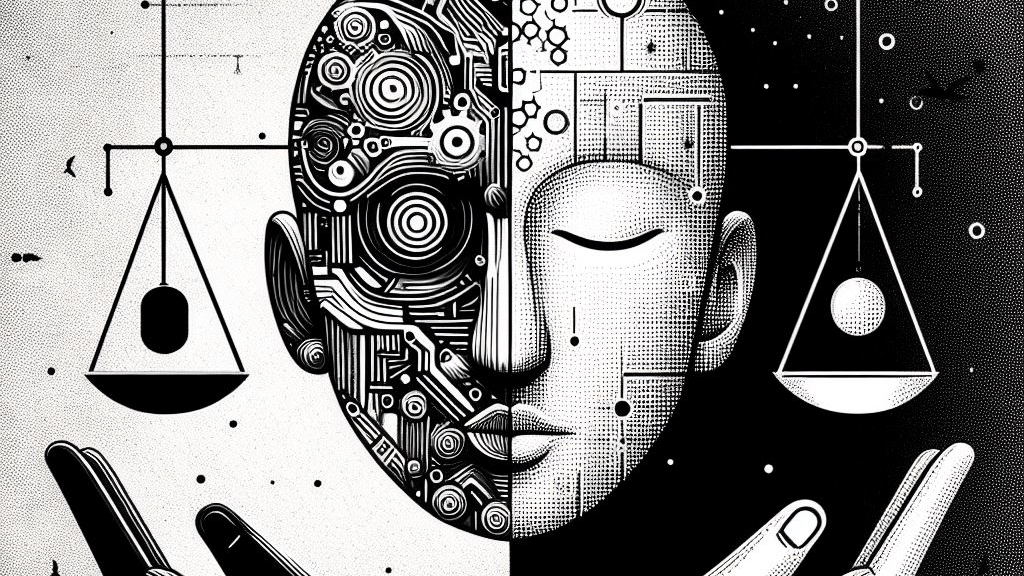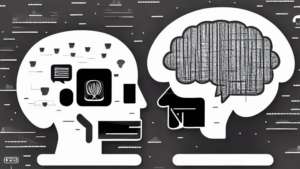During my career in technical support, I have witnessed firsthand the transformative power of human creativity and empathy in solving complex problems. While artificial intelligence (AI) has undoubtedly revolutionised how we approach customer service, the unique blend of human ingenuity, emotional intelligence, and problem-solving skills sets exceptional support teams apart.
In the fast-paced world of SaaS, where customers rely on our software solutions to drive their business success, technical issues can have far-reaching consequences. When customers reach out to our support team, they are not merely seeking a quick fix but entrusting us with their challenges, frustrations, and aspirations. This is where the human touch becomes invaluable.
Our support agents are not just problem-solvers but empathetic listeners, creative thinkers, and trusted advisors. They can put themselves in our customers’ shoes, understand their unique needs, and craft personalised solutions beyond the scope of pre-programmed algorithms.
Consider, for instance, a scenario where a customer needs help integrating the platform with their existing business processes. An AI-powered chatbot may provide generic integration guidelines. However, a human agent can dive deep into the customer’s specific use case, ask clarifying questions, and draw upon their extensive knowledge of the platform’s capabilities to devise a bespoke solution.
By actively listening and collaborating with the customer, our agents can uncover hidden pain points, suggest process optimisations, and ultimately deliver a solution that resolves the immediate issue and enhances the customer’s overall experience with our software.
Moreover, when faced with complex technical challenges that push the boundaries of conventional troubleshooting, our support agents tap into their creativity and problem-solving skills to find innovative workarounds. They collaborate with cross-functional teams, leverage their network of experts, and think outside the box to tackle even the most perplexing issues.
To cultivate a culture of empathy, creativity, and continuous improvement within our technical support team, we have implemented the following strategies:
- Empathy training: We provide regular training sessions and workshops to help our agents develop active listening skills, emotional intelligence, and empathy. Our agents can provide more personalised and effective support by putting themselves in our customers’ shoes.
- Knowledge sharing: We encourage our agents to collaborate, share their experiences, and learn from one another. Regular knowledge-sharing sessions, mentorship programs, and a robust internal knowledge base ensure our collective wisdom is accessible to all.
- Innovation challenges: We organise periodic innovation challenges that encourage our agents to think creatively and propose novel solutions to common customer pain points. By fostering a culture of innovation, we empower our agents to push the boundaries of what is possible in technical support.
- Customer feedback loops: We actively seek feedback from our customers and continuously use their insights to improve our support processes. By listening to their experiences and acting upon their suggestions, we demonstrate our commitment to their success and build lasting relationships based on trust and empathy.
Evaluating AI’s value in a technical support environment should be done with care, ensuring that it doesn’t undermine or threaten the unique human skills that our team members bring to the table. It’s essential to frame AI not as a replacement for human agents but as a tool that can enhance their capabilities and free them from repetitive tasks, allowing them to focus on more complex and meaningful interactions with our customers.
We can measure the impact of AI by looking at metrics such as response time, resolution rate, and customer satisfaction scores. A well-implemented AI system should help reduce the time it takes to respond to customer queries, increase the number of issues resolved on the first contact, and improve the customer experience. However, while these metrics are important, they should include the invaluable contributions of our human agents. It’s crucial to communicate that AI doesn’t diminish their role but complements it, amplifying their ability to deliver empathetic and personalised support.
Furthermore, AI can provide valuable insights and data that our support agents can use to understand better and serve our customers. By analysing customer queries and interaction patterns, AI can help identify common pain points, trends, and areas for improvement. These insights can then fine-tune our support strategies and drive continuous improvement.
In this way, AI becomes a valuable ally in our quest to provide exceptional customer service, enhancing our efficiency without compromising the human touch that defines our support team. By framing it in this way, we can ensure our team members see AI as a tool that supports their work rather than threatens their role.
Ultimately, the perfect combination of human empathy, creativity, and AI-powered efficiency enables us to deliver exceptional technical support. By empowering our agents to bring their authentic selves to every customer interaction, we create moments of genuine connection, build trust, and drive customer success. As we navigate the ever-evolving landscape of technology, let us always remember the transformative power of the human touch in technical support.







